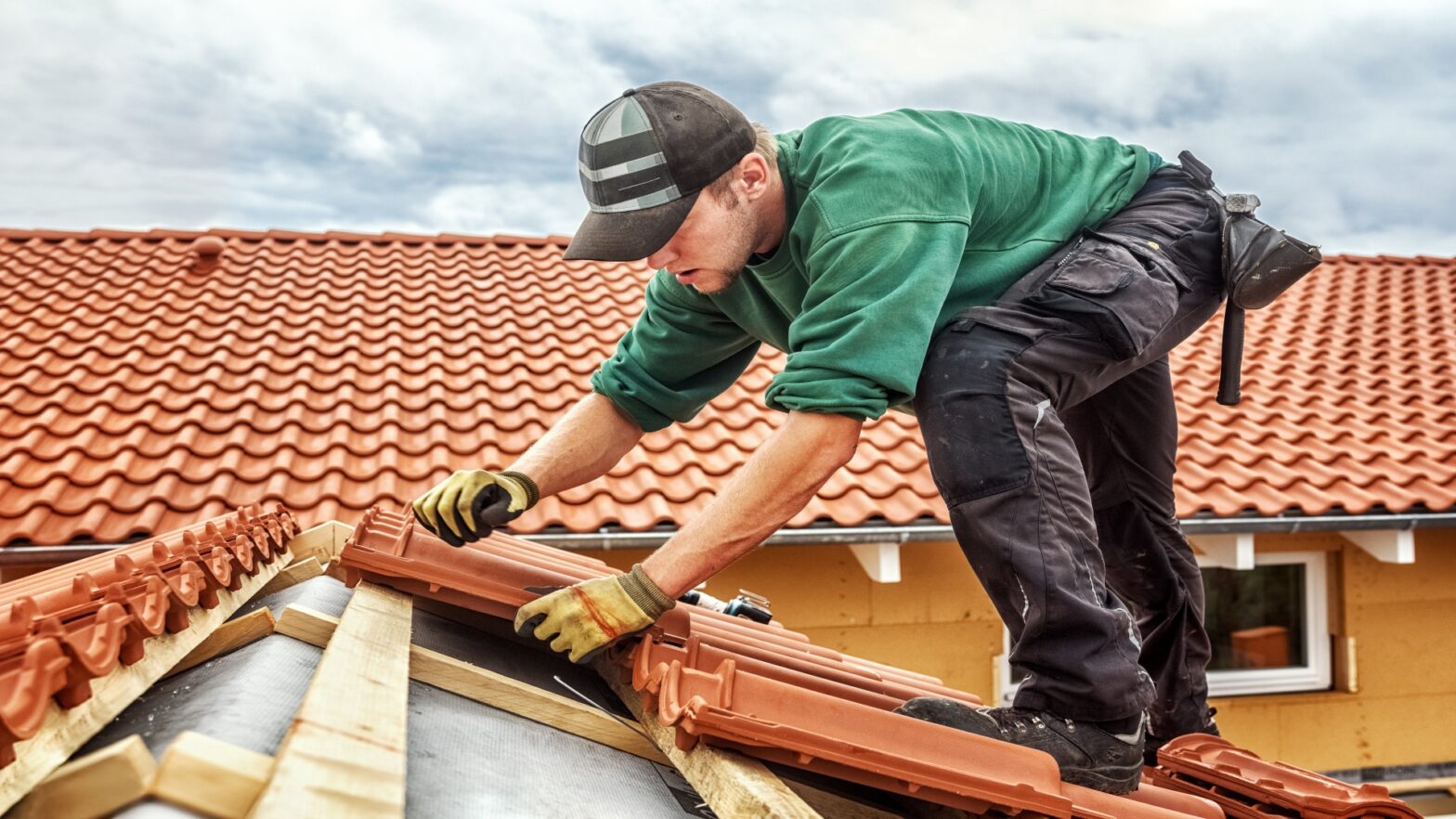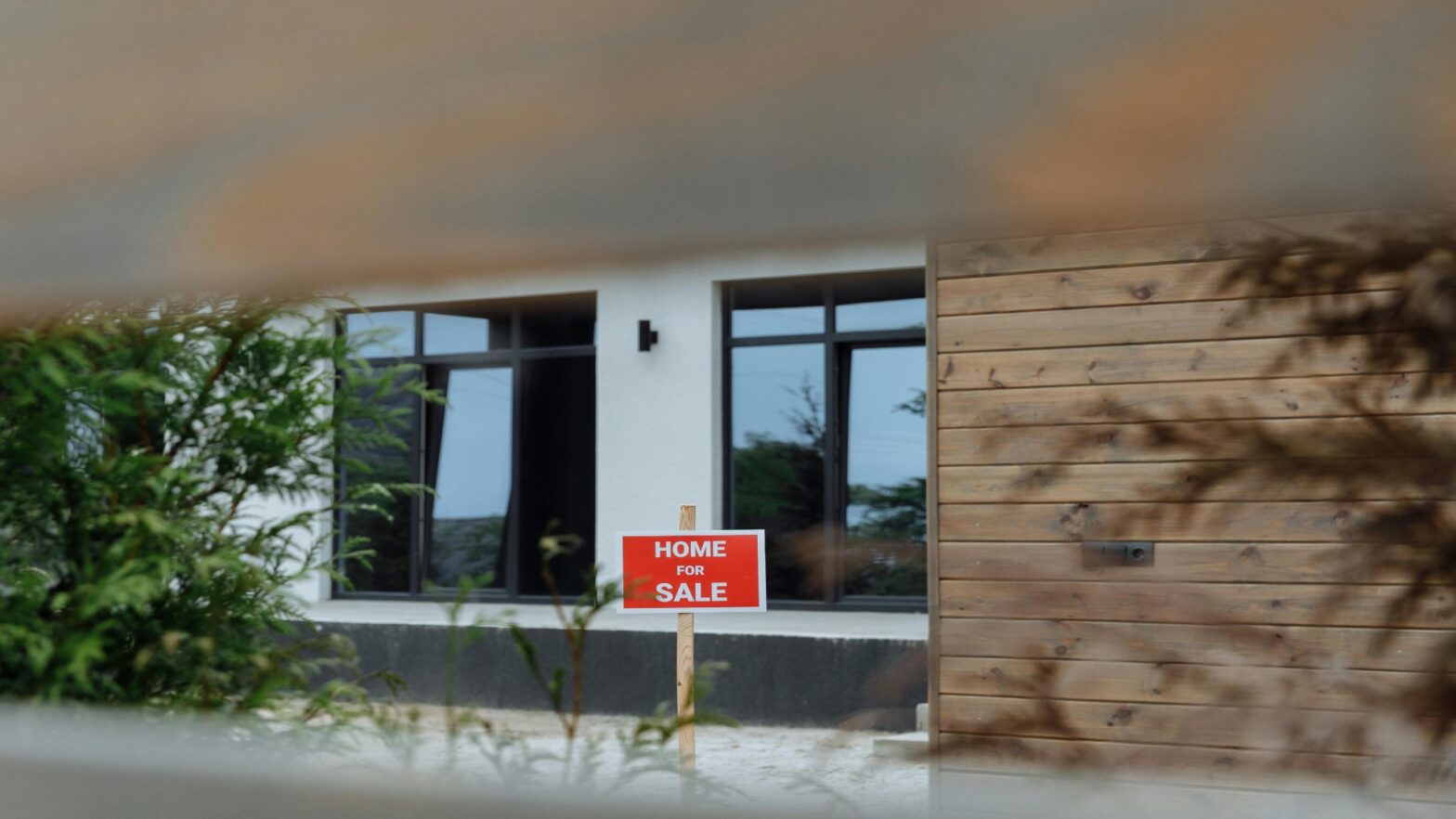The frequent severe weather experienced in Florida means keeping a well-maintained roof is a matter of public safety. The Florida Roof Replacement Law aims to make it easier and cheaper for Florida residents to maintain a robust roof that holds up during all types of weather.
A professional roofing contractor can explain how changes in the law impact your roofing project.
The Repeal of the 25% Roof Replacement Rule
The laws that govern roofing requirements in Florida are forever changing. One of the most significant changes was the repeal of the 25% Roof Replacement Rule. This change came about after the introduction of the Senate Bill 4-D in May 2022.
Prior to this date, homeowners with roofs that required more than 25% repair or replacement were obliged to bring the entire roofing system up to the prevailing building code standards.
Transition to Senate Bill 4-D
Senate Bill 4-D represented significant progress for homeowners as it eliminated the requirement to push Florida homeowners toward full roof replacements. As long as the remaining sections of the roof comply with the 2007 Florida Building Code or its subsequent versions (or were built post-2009) only the damaged parts of your roof must meet current standards. This change was codified in Section 553.884(5) of the Florida Statutes.
The Florida Roof Replacement Law in Context
The 2020 Florida Building Code set out strict guidelines for roof replacements. Roofs that required work on 25% or more of their surface within a 12-month period would have to be replaced. Homeowners faced high costs to comply with the new law.
The new regulations (starting on page 190 of the PDF) addressed this costly law by stipulating that:
- Only the section being replaced (page 193 of the PDF) in a partial roof replacement must meet updated codes.
- Compliance with the 2007 Florida Building Code (or subsequent versions) is enough for the rest of the roof.
- Local governments can’t override this law with more stringent local codes.
Roofs Constructed After March 1, 2009
Roofs installed or replaced after March 1, 2009, were likely built to 2007 or later building code standards. This means you’re unlikely to need a full roof replacement.
How the Florida Roof Replacement Law Impacts Homeowners
The Florida Roof Replacement Law is primarily a cost-saving initiative for homeowners. The law allows individuals to make necessary changes without facing the full cost of replacing a roof.
The benefits of the Florida Roof Replacement Law include:
- Lower, more manageable expenses for repairs
- Fewer disruptions and faster repair times
- Targeted repair work
The best way to ensure compliance with this building code and gain the economic benefits of repairing only the affected part of your roof is to work with a trusted, experienced, and licensed Florida roofing contractor like Bayside Roofing Professionals. An honest and trustworthy Florida contractor will identify the specific parts of your roof that need updates and ensure you meet all legal and safety requirements without unnecessary added costs.
Compliance and Code Revisions
Adjustments are made to the Florida state building code every three years. These changes are overseen by the Florida Building Commission. Changes made to the code reflect the latest standards as well as any lessons learned from the previous seasons.
Potential Downsides to the Florida Roof Replacement Law
This law is mostly good news for Florida homeowners. However, there are some potential downsides too:
- Homeowners who only bring a portion of their roof up to code may end up with a roof that meets different building codes. This could cause problems when filing insurance claims or selling their home.
- Insurance companies could adjust their rates to account for the increased risk of smaller, more frequent claims.
It’s crucial to work with a reputable and licensed roofing contractor to mitigate these risks where possible.
Why Is Complying with the Florida Building Code Important?
Complying with the Florida Building Code is crucial for homeowners for several reasons:
- Safety: The code is designed to ensure the safety of residents and property, particularly in areas prone to hurricanes and other natural disasters.
- Property Value: A home that complies with building codes is generally more valuable and attractive to potential buyers. It’s possible to sell a home with code violations, but you must disclose any non-compliance to prospective buyers.
- Legal Protection: Non-compliance with building codes can lead to legal issues and penalties.
- Long-Term Durability: Building codes are designed to ensure the long-term durability of structures, protecting your investment.
Top Tips for Ensuring Compliance
Complying with the Florida building code is vital for homeowners for several reasons.
Hire Licensed, Trustworthy Contractors
Hiring the right professionals is the only way to guarantee compliance with the latest codes. Your contractor should be well-versed in Florida’s codes and how they impact the work on your roof. Your contractor will help you identify specific areas on your roof that require updates.
Carry Out Routine Inspections
Regular inspections will help you identify and address damage early. Inspections are often cost-effective preventative measures in areas like Florida where harsh weather conditions can damage your home.
Always hire a professional for roof inspections. DIY inspections are dangerous and can cause more damage.
Document Compliance
Keep records of all the repairs you do on your home. This will help you prove compliance if you wish to sell your home, change your contractor, or if issues arise at any point.
The Future of Roofing Regulations
Building codes covering roof standards aim to enhance public safety and sustainability. Codes will likely continue to evolve over time with the aim of promoting more efficient materials and methods to withstand Florida’s climate.
Keep Up to Date with Florida Building Code Changes
The repeal of the 25% Roof Replacement Law marked a significant victory for Florida homeowners. This change ensures safety while minimizing unnecessary expenses.
Working with licensed professionals makes keeping up to date with Florida Building Code regulations easy. A reputable contractor will understand all the relevant code stipulations and ensure quality work that complies with all relevant Florida legislation.




























